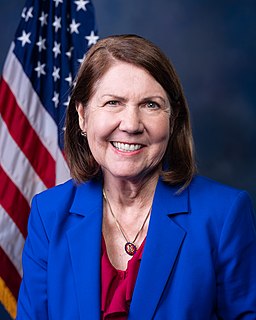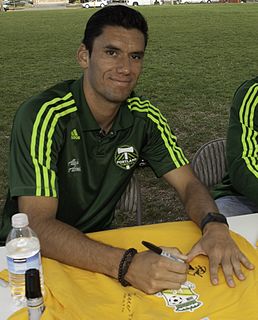A Quote by Stephen Karam
In writing 'The Humans,' I obsessed over the financial district and the architecture.
Related Quotes
Over and over again, financial experts and wonkish talking heads endeavor to explain these mysterious, 'toxic' financial instruments to us lay folk. Over and over, they ignobly fail, because we all know that no one understands credit default obligations and derivatives, except perhaps Mr. Buffett and the computers who created them.
Does an architecture to assuage the spirit have a place in all this? Unfortunately we are no longer the interpreters of our culture's myths but the followers of that dubious client, the developer, who has little patience with the art of architecture, the fine detail and obscure promise, which can upset his financial activity.
That's the problem with the financial sector. Banks and the financial sector live in the short run, not the long run. In principle the government is supposed to make regulations that help the economy over time. But once it's taken over by the financial sector, the government lives in the short run too.





































